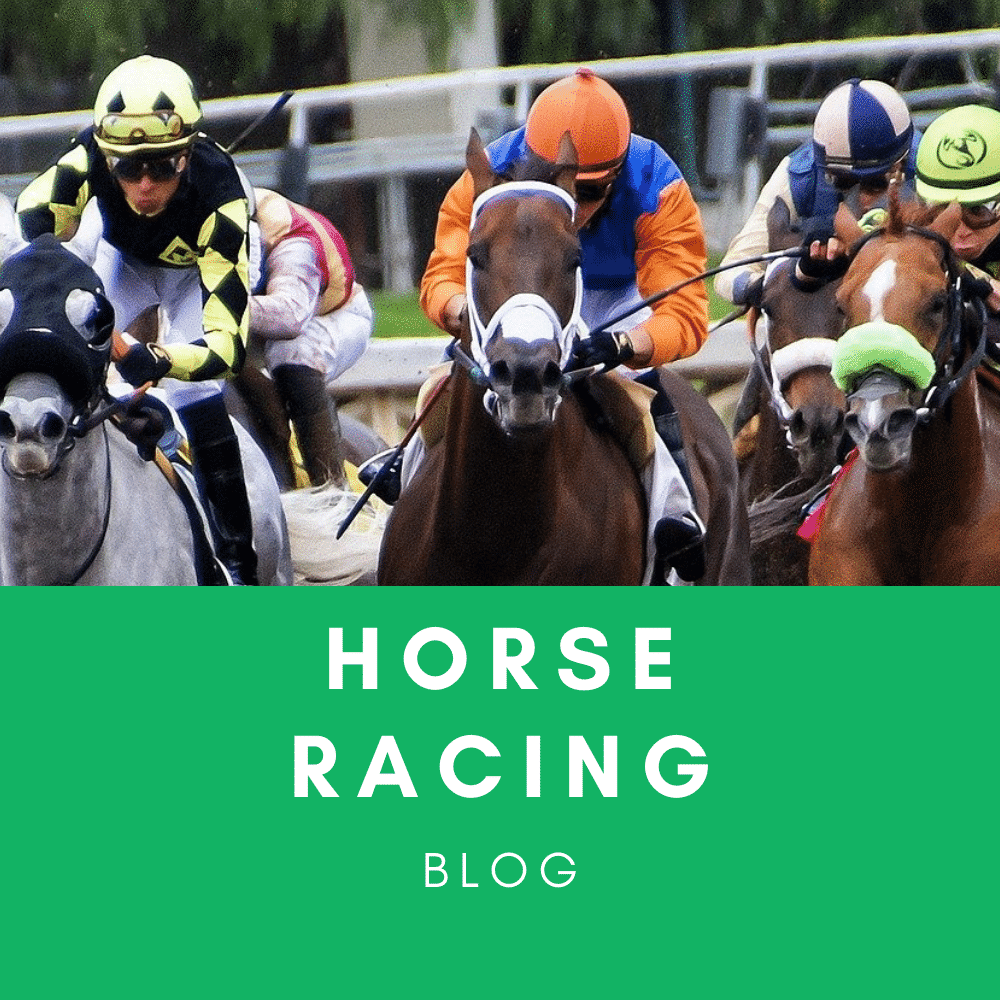The biggest horse race in Australia, by any stretch of the imagination, is the Melbourne Cup Race, which takes place on the first Tuesday of every November. This year the race is due to take place at 3 pm on Tuesday 2nd November.
This race calls for the horses to step up to the next level, asking them for speed, strength and power – as they put everything they have into making it to the finish line first. This is the reason that people from all across the globe will look forward to the race – and count down the days until they can put money on the outcome.
Horse Welfare
Because this is such a tough and punishing race, there has been a lot of emphasis put on the safety and welfare of the horses that take part – and quite rightly so. This was particularly relevant after the death of Irish Stallion Anthony Van Dyck, who was euthanized after fracturing his fetlock mid-race. The five-year-old was favourite to win the 2020 race but with just 350 metres to go, he was pulled and loaded onto a horse ambulance. It was then confirmed he had suffered a fracture of the fetlock and went on to be euthanized.
This shocking and upsetting incident highlighted the fact that the horses that take part in this race need to be in the best of health and only those 100% fit for action can get the chance to take part to make history.
Because of this, as well as other horse racing fatalities, the race organisers this year are working with veterinarians and animal welfare activists to ensure that horses receive the best possible treatment before, during and after the race, to try and prevent further deaths.
Keeping Horses Safe
In light of the 2020 tragedy, there have been a number of measures put into place to try and prevent repeats of these outcomes.
The first measure is the decrease in the number of international races that are invited to run the festival and race. There will be a maximum of 24 international horses for the festival, and these will all be required to quarantine before the race. The quarantine facility will be located at Werribee and during their time at the facility they will undergo several veterinarian checks to ensure the horses are in tip-top condition before competing.
Here are some of the measures that will take place before racing to ensure horse welfare.
- Any horses that have previously had orthopaedic surgery or major fractures will not be allowed to stay at the Werribee quarantine facility.
- All horses competing will need to undergo pre-travel vet inspections under full race day conditions.
- Overseas horses will need to undergo CT scans and full-body scans if deemed necessary.
- Within one week of arrival, horses will undergo additional RV veterinary checks.
- Overseas horses will need to have CT scans of their limbs which will be checked by RV experts before racing.
<h2>A Tough Race</h2>
As one of the toughest races in the world, taking place over 3,200 metres, winning this is a feat that only the best can hope to achieve. But the rewards are great. Along with prize money rivalling the biggest races in the world, the glory and honour that comes with victory is one of the most valuable prizes in the horse racing world.



